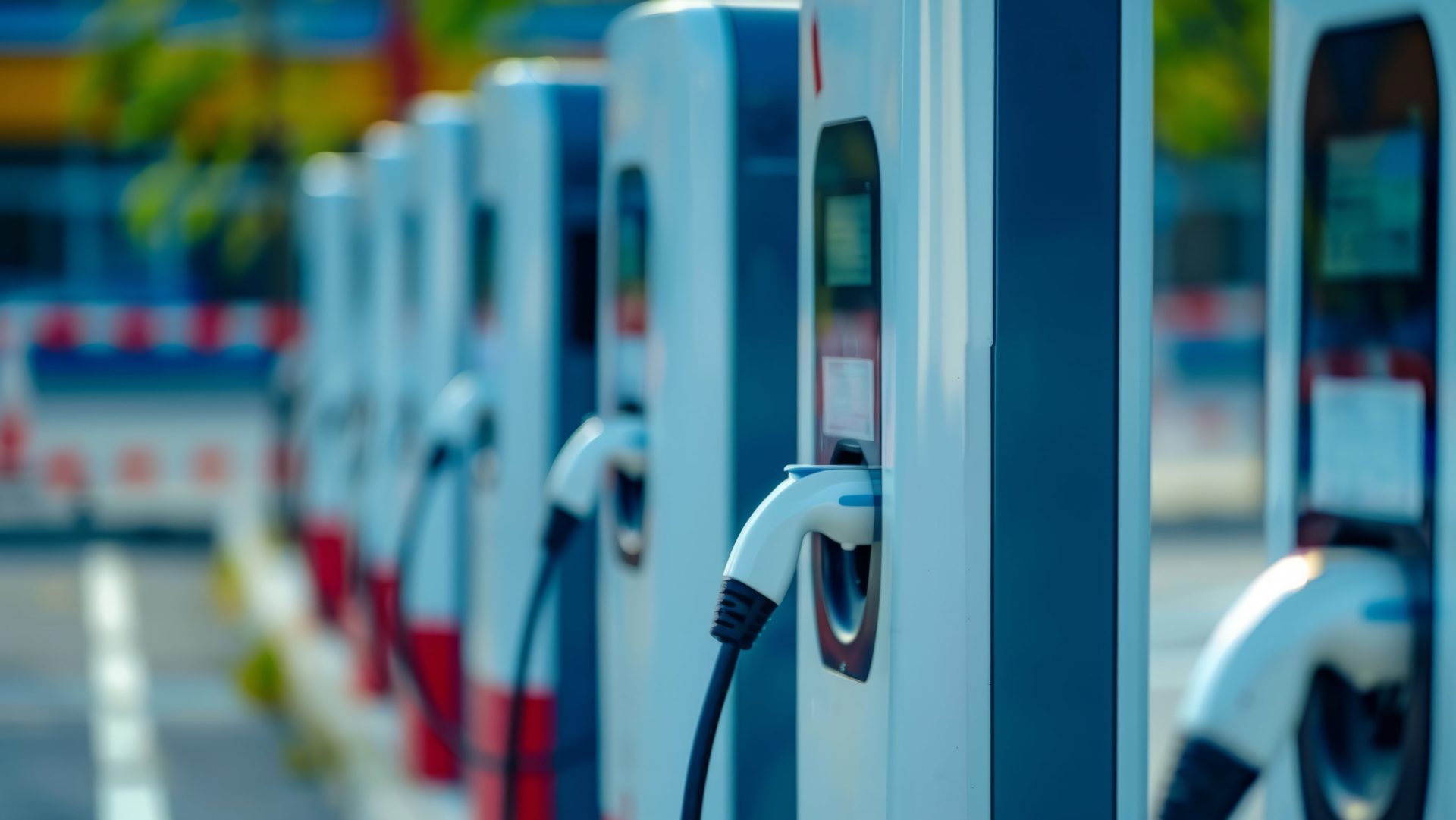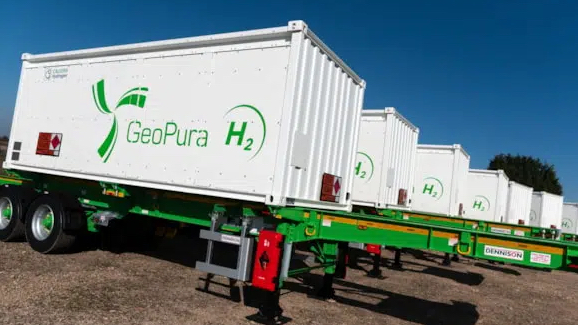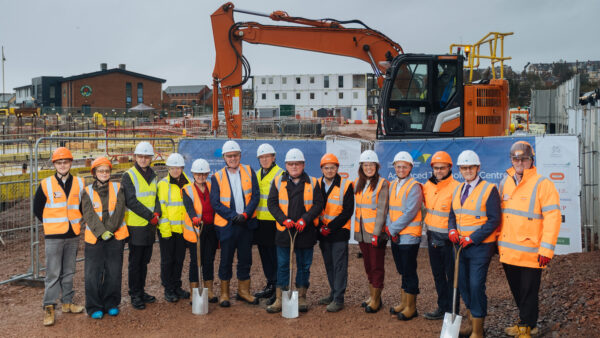
A project led by Balfour Beatty and the Construction Leadership Council’s (CLC) net-zero programme has published a report with recommendations to increase the uptake of electric vehicles (EVs) in the construction industry.
CLC’s Construct Zero programme launched the project in November 2023 to understand how the industry can increase EV use among the construction workforce and to identify the sector’s role and capacity in delivering sufficient EV charging points.
Growth in EV take-up across construction has flatlined and is currently 5.2%, just 0.1% higher than in 2023, according to Construct Zero’s latest performance framework.
Construction has been transitioning for some years from diesel to alternative fuel for light commercial vehicles. But progress on solutions that will credibly replace traditional diesel ICE vehicles has been slower.
The project’s report published today (20 November) has identified four issues hampering businesses from transitioning from diesel to EV, including home and onsite charging, legislation regarding light commercial vehicle (LCV) EVs, and cost of ownership.
The project was led by Eric Renfrew, strategy and business development director at Balfour Beatty.
What are the recommendations?
For home charging, the report recommends improvements to EV public charge networks and the possibility of installing a separate meter in employee homes to allow monitoring of work EV expenditure.
Recommendations for onsite charging include a more strategic approach, such as potentially leaving permanent charging facilities behind once the construction job is complete.
The report also calls on the government to eliminate legal barriers by removing LCV EVs from HGV thresholds. At present, an electric van weighing 3.5-4.25 tonnes is classed as an HGV in certain areas of legislation, such as MOT testing, and will require a tachograph to be installed, as well as speed restricted to 56mph.
Finally, the report recommends including capital offset for firms investing in or leasing EVs, and reduced MOT costs and timings, which would help to further reduce running costs.
Setting out clear actions
The Chartered Institute of Building (CIOB) welcomed the report.
Amanda Williams, head of environmental sustainability at CIOB, said: “With growth in EV use in construction flatlining, a thorough understanding of the barriers and how they could be overcome was needed for the industry to play its part in meeting national EV targets.
“The project findings shine a light on those barriers and most importantly identify achievable actions to overcome them. A stable and supportive regulatory framework is one key area for improvement.”
Matt Palmer, industry sponsor for net zero and biodiversity at the CLC, executive director of the Lower Thames Crossing and sponsor of the report, said: “The UK relies on the infrastructure our industry builds, but we have to do so in a way that is compatible with a net-zero future, and that includes the vehicles we use – on-site, and for our workforce travelling to, from and between sites.
“Whilst uptake of EVs in the construction industry has been slow to date, I’m optimistic that our report sets out clear actions and suggested policy changes that would make electric vehicle ownership or leasing a more attractive option for our whole industry.”











